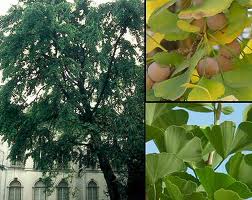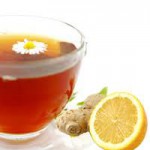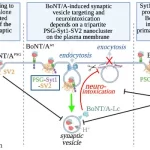Herbal Remedies Used to Help Treat ADHD
Attention Deficit Hyperactivity Disorder (ADHD) is a disorder that affects both children and adults. Learning disabilities such as forgetfulness, inability to organize thoughts and shortened attention span can make ADHD a very frustrating illness to live with.
Research has shown that the cause of ADHD is a failure of the brain to properly stimulate the neural network that rules such areas as how we react to outside stimulation and our emotions. The result can be extreme anxiety and aggressive behavior.
 Diet is a component that should be addressed when attempting to treat ADHD — too much sugar or allergies to certain foods such as peanuts, tomatoes or milk – can have a huge impact on controlling adverse stimulation to the brain. Red, yellow and blue food dyes found in many foods can also cause undesirable reactions in children with ADHD.
Diet is a component that should be addressed when attempting to treat ADHD — too much sugar or allergies to certain foods such as peanuts, tomatoes or milk – can have a huge impact on controlling adverse stimulation to the brain. Red, yellow and blue food dyes found in many foods can also cause undesirable reactions in children with ADHD.
Mainstream medicine often uses antidepressants or other stimulant-type drugs to treat ADHD, but they’re often ineffective and can cause a lack of interest in life and depression. More people who suffer from ADHD are turning to herbal remedies for positive results. Some helpful herbs include:
- Ginkgo Biloba – This Chinese herb has been used since 2800 B.C. to help patients who suffer from memory loss and diseases of the brain and nervous system. Western medicine now uses Ginkgo Biloba to help treat the debilitating effects of Alzheimer’s and depression. It’s a natural antioxidant.
- Lemon Balm – A healing and calming herb that has widely been used to treat PMS and menstrual cramps, it’s now found to be helpful in treating depression and anxiety. Lemon Balm can also be effective in treating digestive ailments such as irritable bowel syndrome and dysentery.
- Chamomile – The properties of this herb are valued for their effectiveness to treat conditions such as anxiety and Attention Deficit Disorder (ADD). A natural antioxidant, Chamomile can also be taken as an antihistamine.
If you’re considering treating an ADHD problem with herbs, be sure that you also adhere to a diet free of sugar or soft drinks (both diet and sweetened) that contain phosphates. And, get plenty of sunlight – use full-spectrum lighting if the patient is unable to spend time outside.
There are safe, herbal treatments available that are completely non-addictive and that don’t contain the risk of prescription drugs. Be sure to consult with a health professional and do your research before deciding on the type of treatment best for you.
[yarrp]










